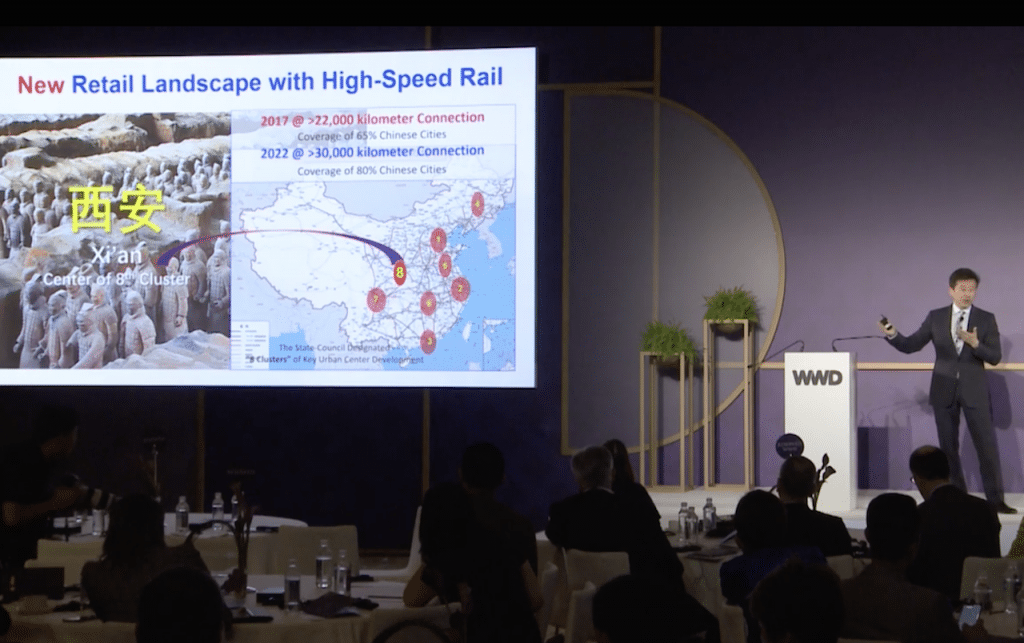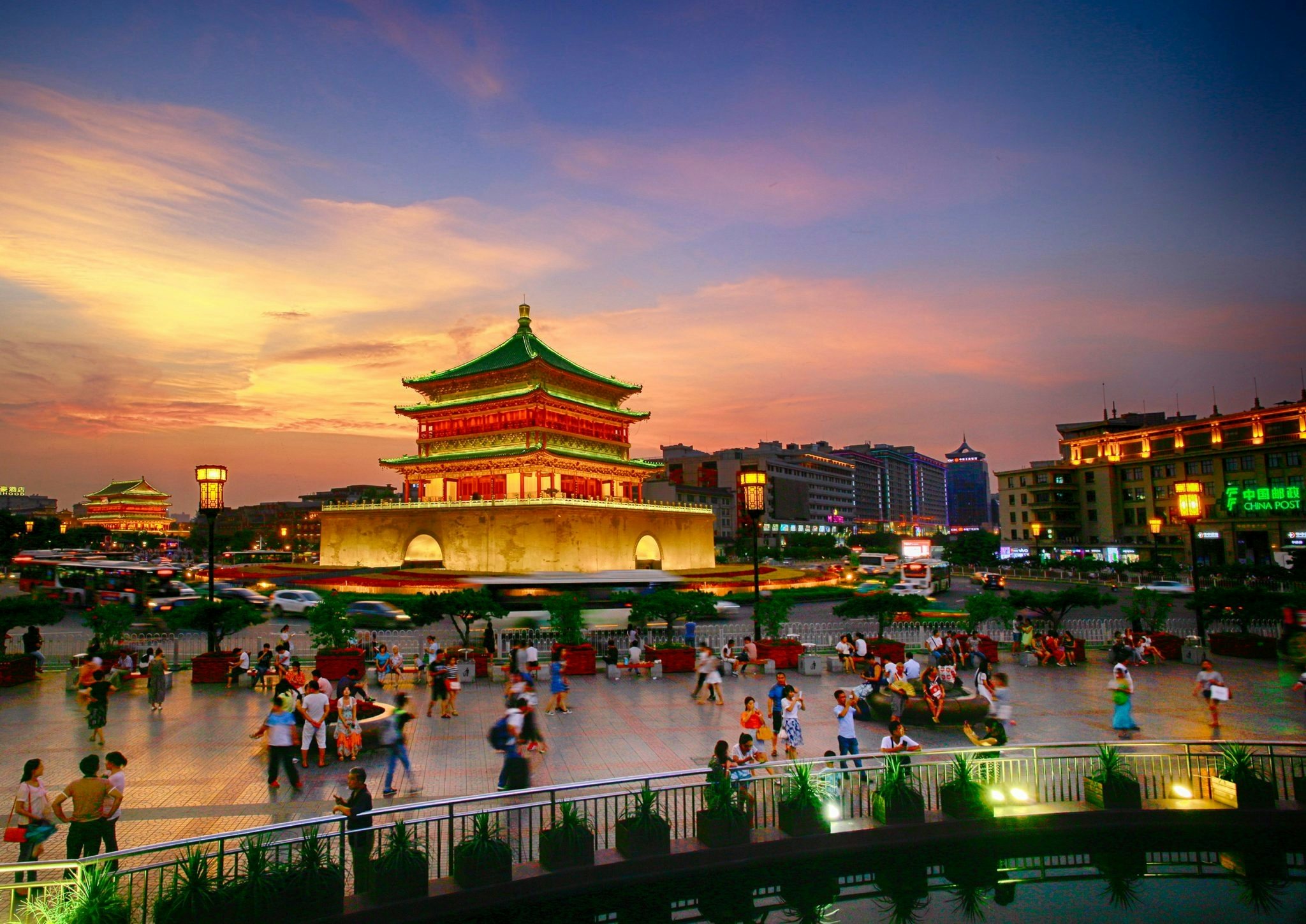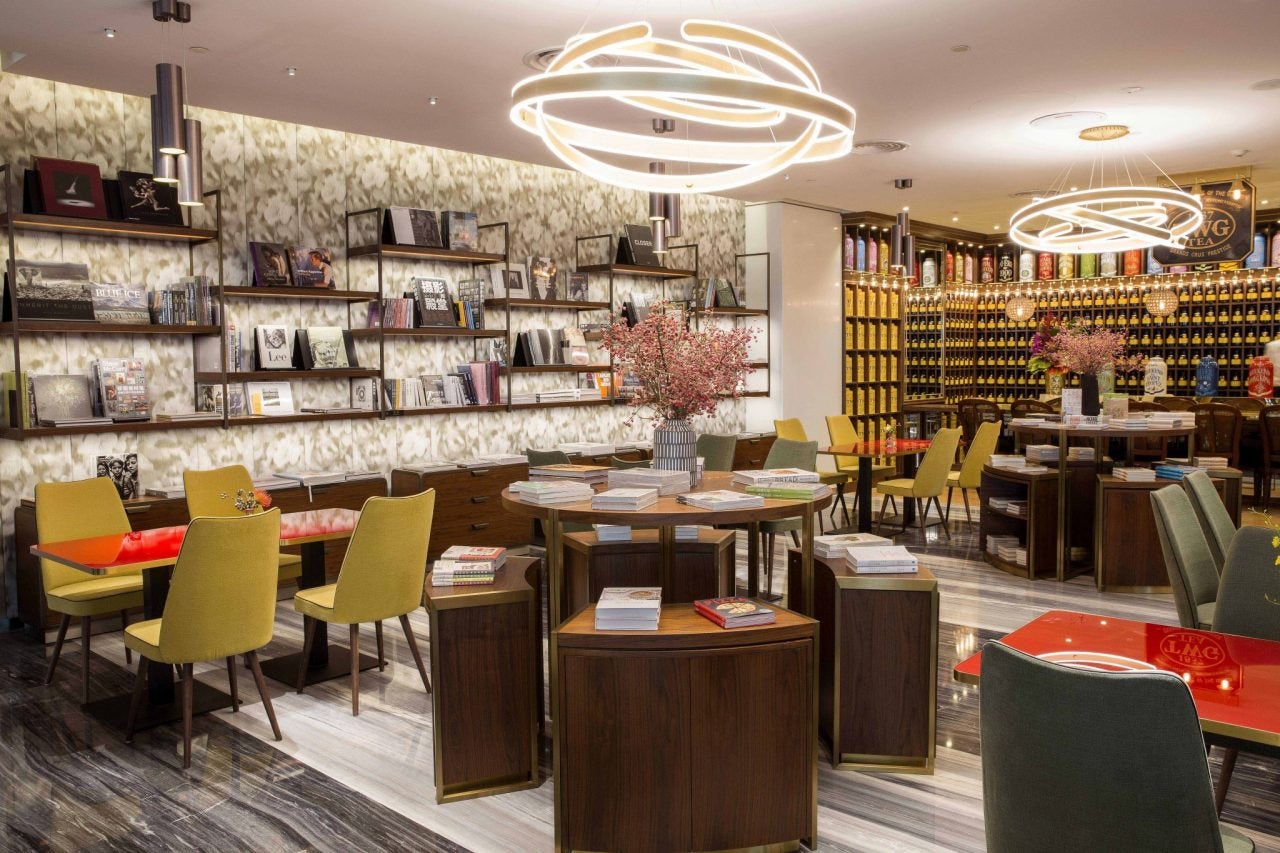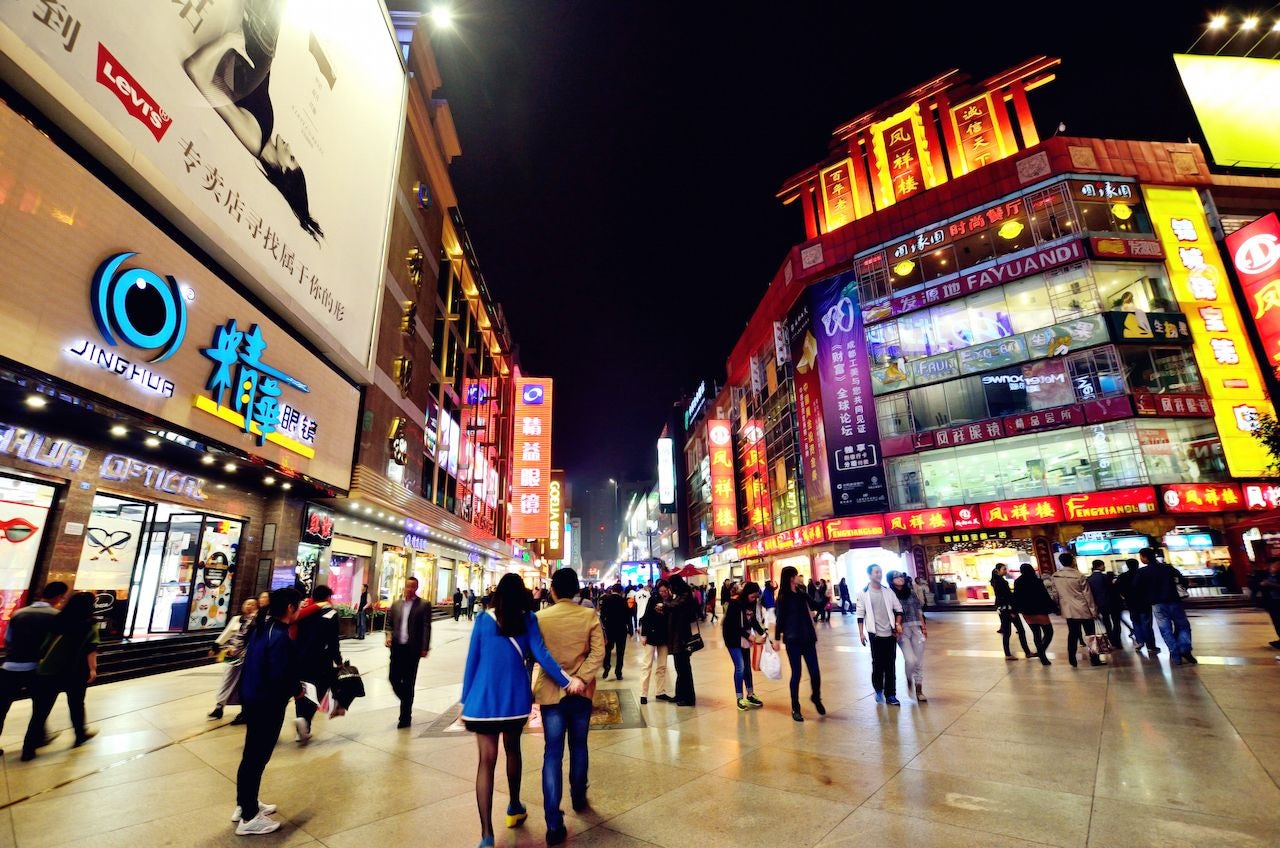Rich transportation links and richer disposable incomes suggest Xi'an might be the city of the future for China's luxury industry. Following in the footsteps of Beijing, Shanghai, and now Chengdu, the city is starting to cater for its increasingly affluent residents. As more luxury brands begin to recognize the city's consumption potential, many are questioning if Xi'an could become China's next big luxury location.
Last month, the WWD Global Fashion & Beauty Forum saw renowned industry names including Patrizio Bertelli (CEO of Prada) and Sidney Toledano (CEO of LVMH) gather in the newly opened SKP luxury mall in the center of Xi’an.
“There is actually a very good reason why SKP opened in Xi’an, it's not by accident. If you look at the Chinese government’s objectives - the plan of development - there is a new, very clear roadmap for China to develop urban centers in clusters,” said Andrew Wu, Group President for Greater China, LVMH.

“As you probably know, China’s high-speed railway is already developed to the point where more than 60 percent of China's cities are covered. This is changing the landscape that our industry is looking at, because we know retail is all about population density. The clustering of the population and urban development has a tremendous amount of impact on what our industry will face in the near future,” he continued.
Famous for its Terracotta Warriors, Xi'an is the capital of China's Shaanxi province, and the starting point of the ancient Silk Road. Xi'an is currently the largest of Western China's cities serviced by the Longhai railway, that links Jiangsu, Anhui, Henan, Shaanxi and Gansu provinces, covering a total length of 1093 miles. The city's advantageous geographical location has attracted many logistics companies to open offices in Xi'an, namely JD.com, Cainiao Logistics (the logistics affiliate of Alibaba Group), Hainan Airlines and Yuantong Express.
In addition to its transportation links, the location's rich cultural heritage helps to fuel tourist-driven luxury consumption. SKP Xi’an is the second retail center opened by luxury mall group Shin Kong Place. Its first department store, SKP Beijing, reported a revenue of 1.88 billion last year - second only to Harrods in London as the most lucrative global department store.
More than 1,000 luxury brands have opened in Xi'an's new mall, including Louis Vuitton, Gucci, Givenchy, Céline, Dior, and Prada.
An increasing per capita disposable income for Xi'an's citizens shows that the potential to grow luxury consumption may be well-founded. According to data from the National Bureau of Statistics, in 2017, the per capita disposable income of Xi'an's residents was 32,597 yuan (5063), seeing an increase of 8.5% on the previous year. The city of Chengdu is widely recognised as China's third luxury city (following Beijing and Shanghai), and had a comparable per capita disposable income of 33,217 yuan (5159).
A Xi'an newspaper reported that the prospering local economy has also boosted profitability for companies offering care services for luxury goods. Depending on the size of the product, a company offering to clean a leather bag in Xi'an could charge 200 - 400 yuan (31- 62) with full refurbishing of luxury goods costing up to 1000 to 2000 yuan (155-311).
Despite this industry positivity, the city still faces challenges in furthering luxury consumption. Chinese fashion media site Ladymax stated that although the Chinese perception of luxury goods is maturing, the concept of buying luxury has yet to become an established lifestyle among people living in the north-western region. These consumers are more sensitive to price differences and tend to travel abroad for luxury goods, as a result, luxury retailers are increasingly affected by daigou (unlicensed resellers).
Compared to Chengdu’s local mentality of “living in the moment”, consumers in Xi'an appear to be more rational, posing a challenge for luxury brands looking to get their hands on the city's booming cashflow.


